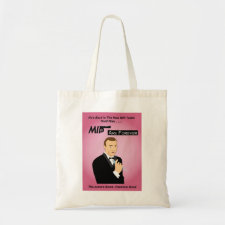
Authors: Pan T, Lin YL, Wu QZ, Huang KW, He JF
Article Title: Preparation of boronate-functionalized surface molecularly imprinted polymer microspheres with polydopamine coating for specific recognition and separation of glycoside template.
Publication date: 2021
Journal: Journal of Separation Science
Volume: 44
Issue: (12)
Page numbers: 2465-2473.
DOI: 10.1002/jssc.202000125
Abstract: A facile strategy based on the boronate affinity and polydopamine coating was proposed for the preparation of surface molecularly imprinted polymer microspheres using naringin as the glycoside template. The poly(methacrylic acid-co-methyl methacrylate-co-ethyleneglycol dimethacrylate) microspheres were firstly synthesized as inner cores by suspension polymerization method, and then functionalized with 3-aminophenylboronic acid. The imprinted shell layer was obtained by self-polymerization of dopamine on the surface of boronic acid-functionalized polymer microspheres after reversible immobilization of naringin. The resultant surface molecularly imprinted microspheres showed good imprinting efficiency and recognition specificity toward the template molecule in aqueous environment. The isothermal and kinetic adsorption behaviors of the polymers were investigated. The results showed that the covalent surface imprinted microspheres possessed homogeneous recognition sites, strong adsorption affinity, and rapid rebinding kinetics. In addition, the surface imprinted microspheres were utilized as the sorbents of solid phase extraction to successfully separate and enrich naringin from Citri Grandis extract, and the recovery of naringin in eluting solution reached 84.4%
Template and target information: naringin
Author keywords: boronate affinity, dopamine self-polymerization, glycosides, surface imprinting



Join the Society for Molecular Imprinting

New items RSS feed
Sign-up for e-mail updates:
Choose between receiving an occasional newsletter or more frequent e-mail alerts.
Click here to go to the sign-up page.
Is your name elemental or peptidic? Enter your name and find out by clicking either of the buttons below!
Other products you may like:
 MIPdatabase
MIPdatabase









